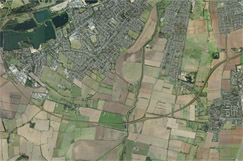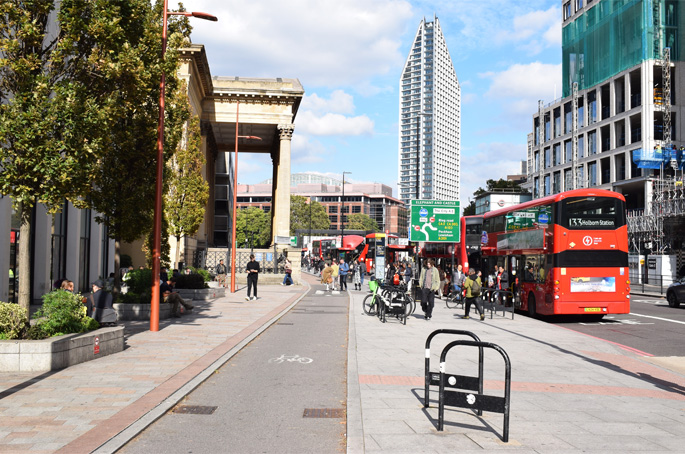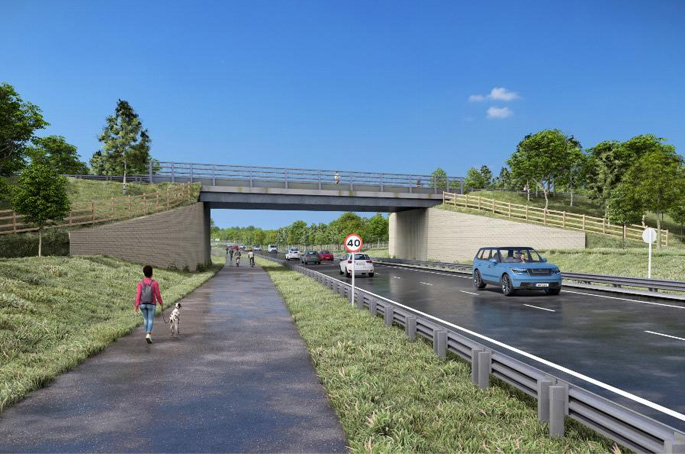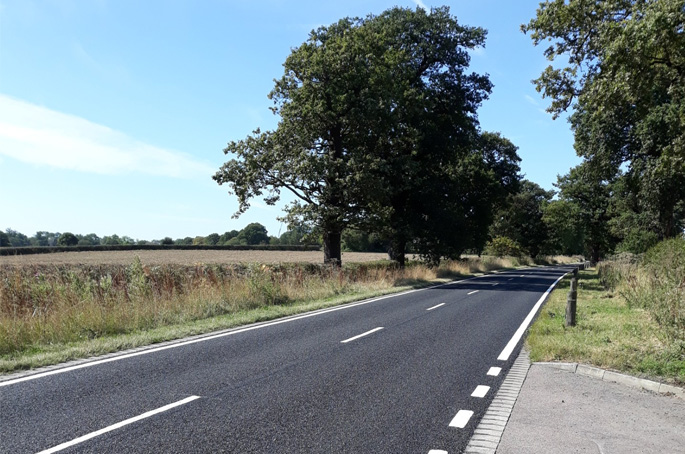Councillors in Lincolnshire are meeting to highlight fears that the Government's review of funding for transport schemes will see a planned £200m relief road axed.
The Department for Transport pledged £110m funding for the the county council's North Hykeham Relief Road project in 2020, with the rest of the scheme funded by the council and developer contributions.
On Tuesday (10 September) the council's Environment and Economy Scrutiny Committee will discuss the economic consequences for the city and the wider region should the scheme lose its government backing.
The highway authority said there are fears that if the road is not built, the county could lose out on over £350m in economic benefits over the next 60 years.
Richard Davies, executive member for highways, said: ‘Completing a ring-road around Lincoln is not only about easing traffic congestion within the centre of the city; it will open up land for new development, attracting further investment and new employment opportunities, boosting our local economy and providing homes for local residents.
‘This isn't a potential future scheme that we're looking for funding for. If the government decide to pull funding for the North Hykeham Relief Road; this would be a case of cancelling something that has already been agreed, and one that a lot of work has already gone into to bring to this stage.
‘It would be a huge kick in the teeth for the people of Lincoln and Lincolnshire.'
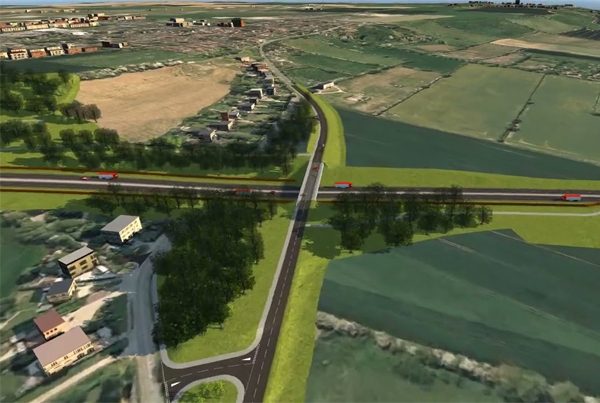
Work was expected to start next year, but in July transport secretary Louise Haigh announced an internal review of her department's capital spend portfolio.
Committee chairman Ian Carrington said: ‘I have invited officers working on the project, affected councillors, and the MPs for Lincoln, and Sleaford and North Hykeham, to the meeting for the committee's discussion about what this uncertainty around the funding would mean for our county.
‘The consequences of not building the road are considerable and are likely to mean that the development of 4,500 new homes and seven hectares of employment land would be become unviable, representing a massive, missed opportunity for economic prosperity.'

